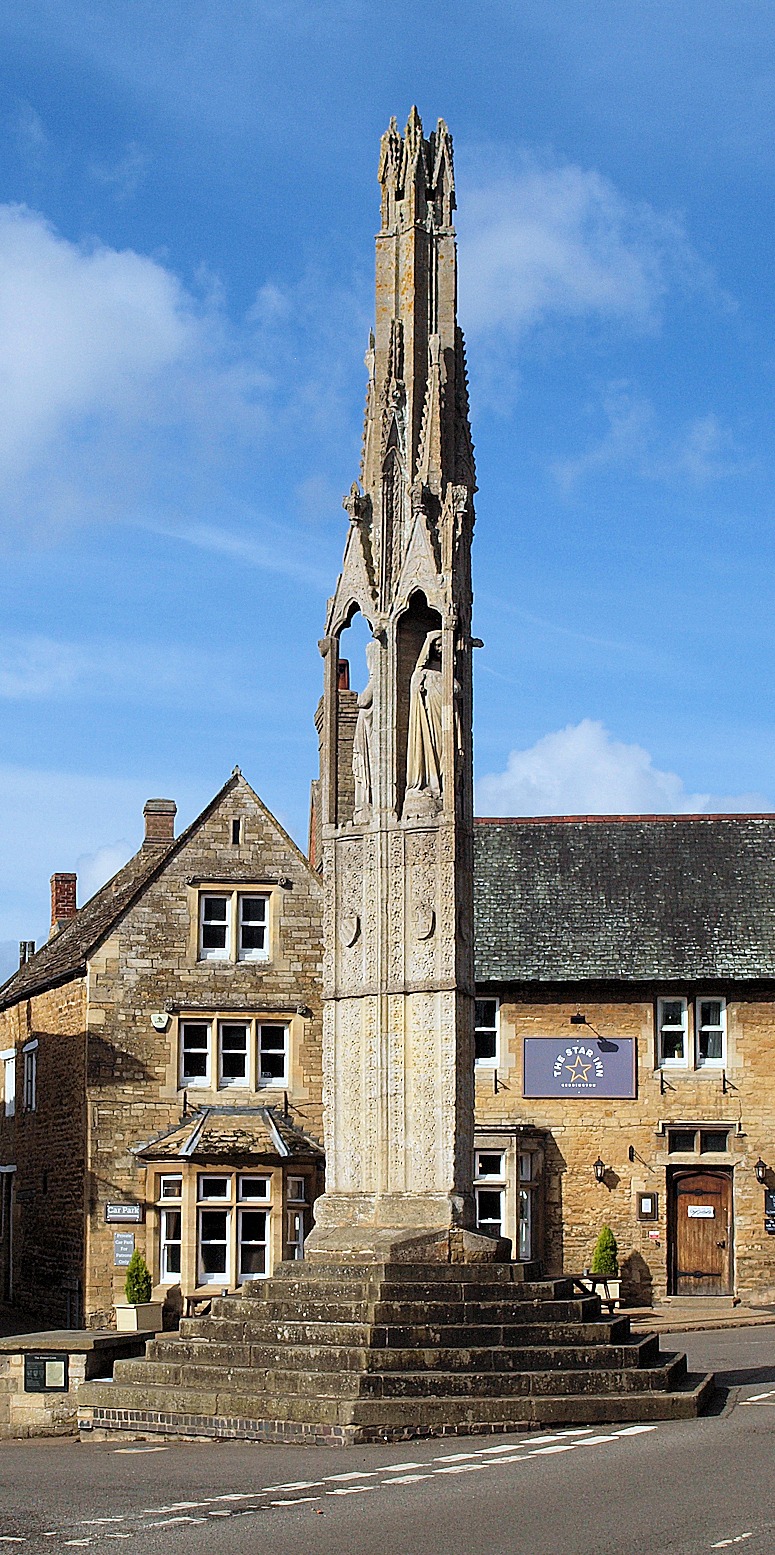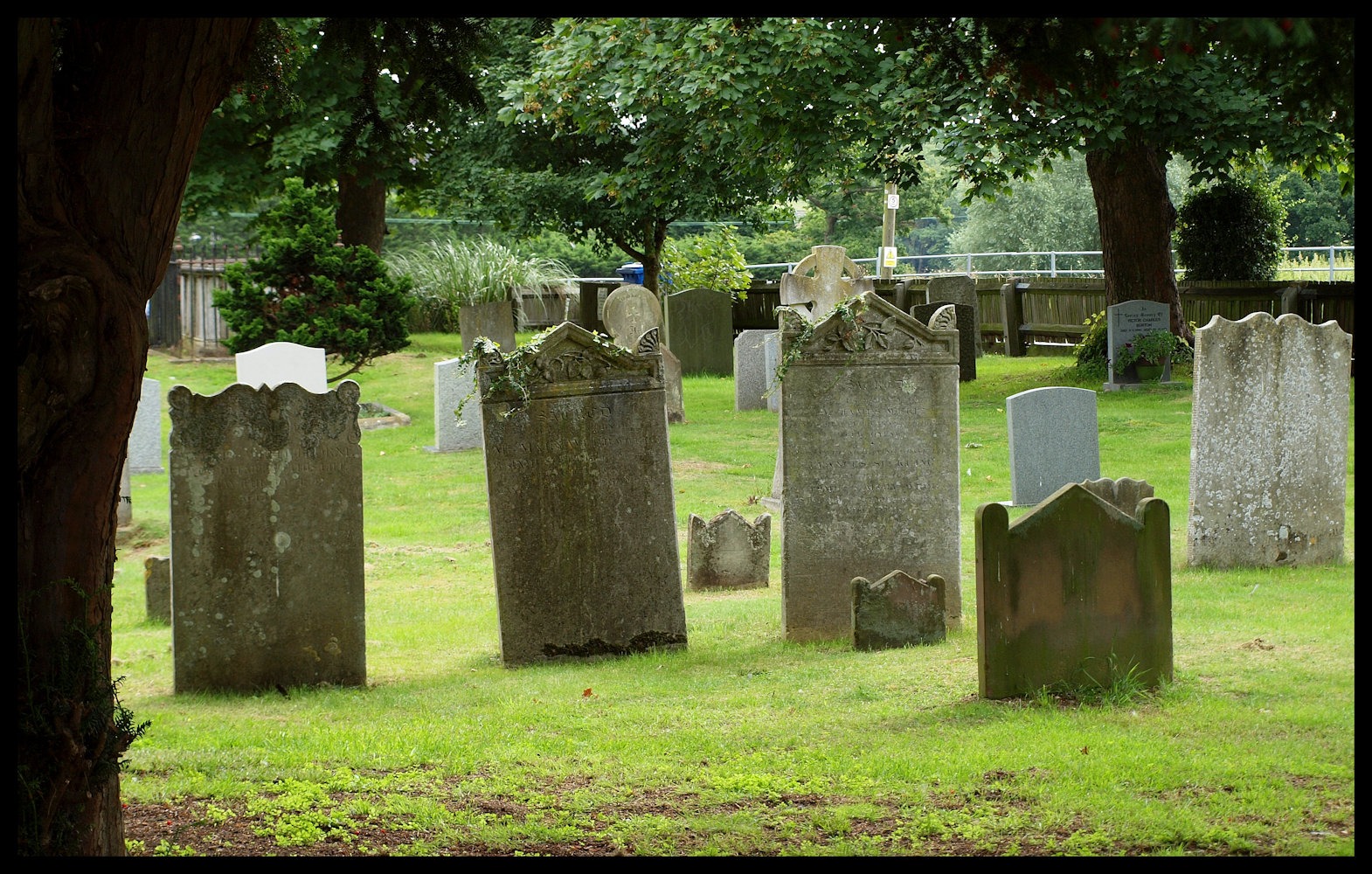And so this year’s final collection of links to items you may have missed …
Science, Technology, Natural World
Let’s start off with some seasonal stars … Here are three stars embroiled in an odd ménage à trois (below).

After which the James Webb Space Telescope has spotted a manger for exomoons. [££££]
There’s a huge, faint nebula near Andromeda, but now researchers have managed to work out how far away it is.
Now down to Earth … Here are two reports on the somewhat surprising story of how we were domesticated by cats. First from Scientific American [££££] and the second from the BBC.
Research into the remains of ancient DNA have revealed the carrier of the world’s earliest known plague.
Here’s a little experiment to do at home: how close you can get to the value of π (pi) by repeating Buffon’s needle experiment.
Lastly in this section, here’s something I actually saw … pink fog. It was very odd and rather eerie.

Health, Medicine
When should we undertake mass screening, and when shouldn’t we?
Sexuality & Relationships
So just how monogamous are humans? And where are we in a league table of species?
Social Sciences, Business, Law, Politics
Let’s hope this isn’t the thin end of the wedge … the Danish postal service is to stop delivering letters.
Art, Literature, Language, Music
For those interested in language, here’s a brief look at the history of the word c*nt.
Here’s a look at the 2000+ history of sex workers in art. [LONG READ]

Musicians and scientists are now understanding and recreating the sound of music from the Stone Age. [LONG READ]
Meanwhile shells found in Spain could be among oldest known musical instruments.
History, Archaeology, Anthropology
In Bolivia they’ve uncovered over 16,000 dinosaur tracks – that’s the largest such known field.
It’s being suggested that an ancient hominin called Little Foot may be a newly recognised species.
Still on palaeontology, finds at a site in Suffolk are suggesting that humans made fire some 350,000 years earlier than previously thought.
Ever onward … and a new study is suggesting people arrived in Australia 60,000 years ago.
Archaeologists have found yet another massive structure close to Stonehenge.
While at the other end of the country archaeologists have found a 3,000-year-old mysterious mass burial site in Scotland.
Here’s something I thought we already new … Ancient Roman cement from Pompeii is revealing the secrets of its durability. [££££]
New DNA work on a Roman era young woman found in southern England has revealed that she wasn’t dark skinned after all.
Now here’s an odd one: it is being suggested that the Black Death plague which swept Europe in 14th-century was triggered by a volcanic eruption.
London
Matt Brown is continuing his work on mapping with a big update to his map of Anglo-Saxon London.

In other work Matt Brown takes a look at the forgotten Thorney Island, now know as Westminster.
Lifestyle, Personal Development, Beliefs
Here are some thoughts on the way in which hospitality can bruise us mentally and emotionally.
Shock, Horror, Ha ha ha!
Finally for this year, two amusements …
First, the Official Naturist Code.
And then a look at the curious biology of Santa Claus’s elves.








